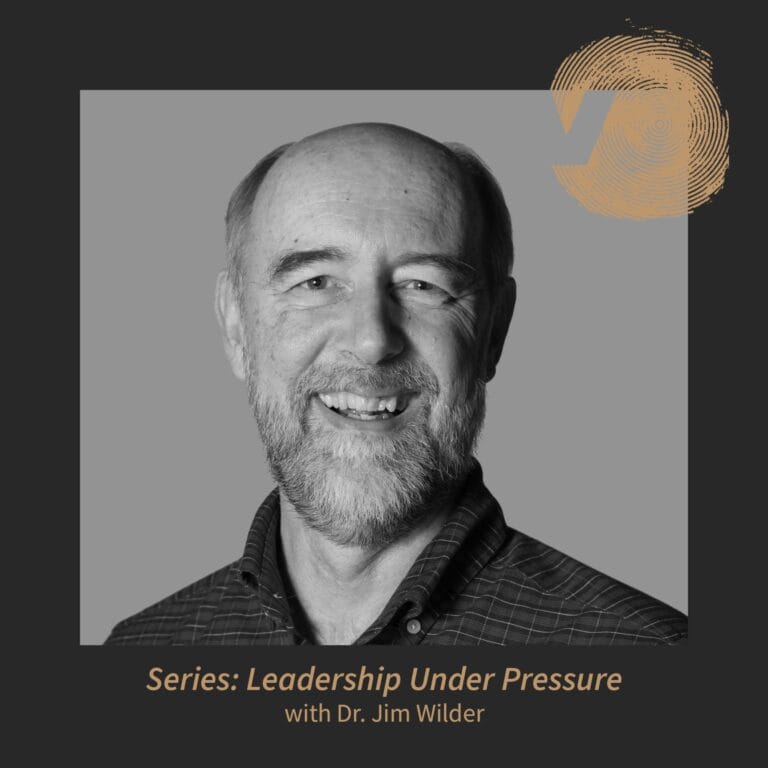
 We Are Vineyard
We Are Vineyard Leadership Under Pressure: Dr. Jim Wilder
4 snips
Oct 16, 2024 Dr. Jim Wilder, author and chief neurotheologian of Life Model Works, shares his transformative journey from a high-stakes religious upbringing in Colombia to pioneering trauma care. He explores the intersection of faith and psychology, addressing ministry failures and the vital role of joy in leadership. Wilder emphasizes the importance of maturity and community, distinguishing between education and spiritual anointing. His insights reveal how personal healing and community support can lead to profound transformation in the face of trauma.
Chapters
Transcript
Episode notes
1 2 3 4 5 6 7 8
Intro
00:00 • 2min
A Journey Through Childhood in Columbia
01:43 • 2min
Faith, Education, and Transformation
03:26 • 18min
From Missionaries to Trauma Care
21:02 • 7min
Transformation Through Community and Science
28:27 • 3min
The Importance of Maturity and Community in Church Leadership
31:04 • 5min
Navigating Leadership in the Church
35:48 • 23min
The Power of Reflection and Community in Leadership
59:11 • 3min

